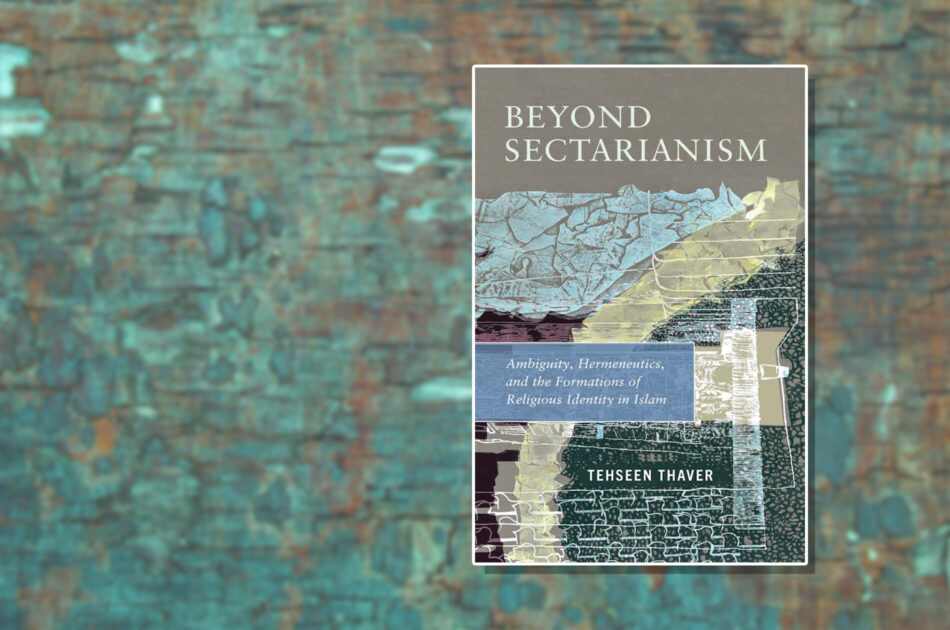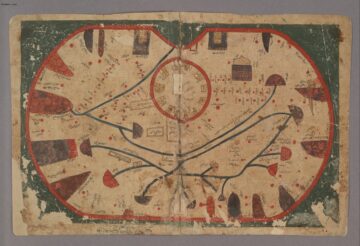
-
Status
Applications Open -
Date
08 Jul 2024 -
Location
Aga Khan Centre
This discussion will commence at 17.00 BST
In her new book Beyond Sectarianism, Tehseen Thaver offers a fundamental re-evaluation of how one should think about the relationship between the Qurʾan, Shiʿism, and religious identity. This book focuses on the literary Arabic Qurʾan exegesis of the highly influential yet less studied poet, historian, and exegete al-Sharif al-Radi (d. 1015). Al-Radi’s fascinating interpretations sought to resolve Qurʾanic ambiguities or mutashabihat. Through a philologically layered and historically attuned analysis, Thaver argues that al-Radi’s efforts at resolving Qurʾanic ambiguities were interlocked with the project of the canonisation of the Arabic language. Thaver shows that although he was marked as a Shiʿi scholar, the interpretive and political horizons that informed al-Radi’s scholarly endeavours could not be reduced to predetermined templates of sectarian identity.
Speakers

Tehseen Thaver
Assistant Professor
Tehseen Thaver is Assistant Professor of Religion at Princeton University. Her research focuses on multiple forms of Muslim engagement with scripture – pre-modern and modern, oral and textual, interpretive and performative. She is the author of the book Beyond Sectarianism: Ambiguity, Hermeneutics, and the Formations of Religious Identity in Islam published by the University of Pennsylvania Press in 2024. She has also published various articles in journals such as the Journal of Qur’anic Studies, Journal of the Royal Asiatic Studies, and the Journal of the American Academy of Religion.

Dr Omar Alí-de-Unzaga
Head, Qur'anic Studies Unit, and Research Associate, DARP
Dr Omar Alí-de-Unzaga is responsible for the academic coordination of the Qur’anic Studies Unit. He was a recipient of the IIS PhD Scholarship in 1999 and is currently involved in a number of research programmes and publications at the IIS.
Please note filming and photography may take place during the lecture for educational and promotional purposes.
Views expressed in this lecture are those of the presenting scholars, not necessarily of IIS, the Ismaili community or leadership. Promotion of this lecture is not an explicit endorsement of the ideas presented.
Photo by Anne Nygård on Unsplash






